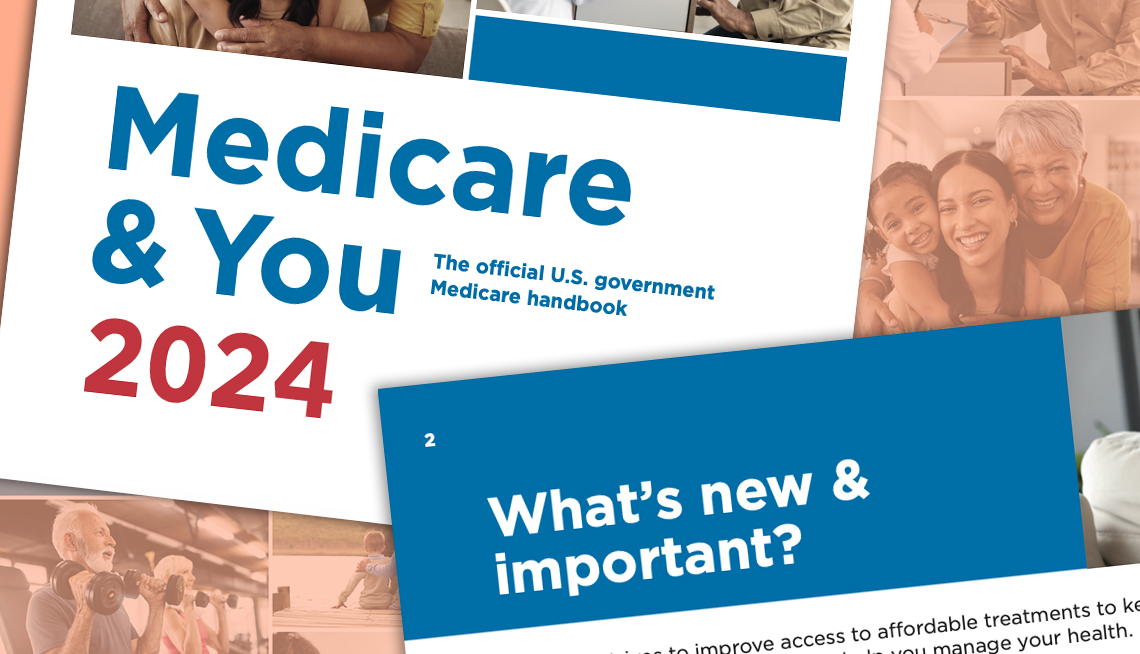
Helping You
Secure Your
Family's Future
Protecting Your Loved Ones with Reliable
Life Insurance Solutions
Coverage
Turning your needs into personalized plans you can trust.

Medicare

We help individuals navigate the complexities of Medicare by providing personalized guidance on enrollment, plan options, and benefits to ensure they receive the coverage they need.
Life Insurance

Our affordable Term Life Insurance offers a death benefit for a specified term, ensuring your loved ones' financial stability in case of any unfortunate events.


Annuities

We help clients secure their financial future by guiding them through the selection of annuities that provide reliable income and peace of mind in retirement.
Hospital Indemnity Plans

We assist people in understanding and selecting hospital indemnity plans that offer financial protection against unexpected medical expenses during hospital stays.

Frequently Asked Questions
Common Questions Answered for your convenience.
What is Medicare, and who is eligible for it?
Medicare is a federal health insurance program primarily for individuals aged 65 or older, but it also covers certain younger people with disabilities or those with End-Stage Renal Disease (ESRD). Eligibility is based on age or specific qualifying conditions.
What is the difference between Medicare Part A and Part B?
Medicare Part A covers hospital stays, skilled nursing facilities, hospice care, and some home health services. Part B covers outpatient care, doctor's visits, preventive services, and medical supplies. Part A is often premium-free if you've paid Medicare taxes, while Part B has a monthly premium.
What is Medicare Advantage (Part C)?
Medicare Advantage (Part C) is an alternative to Original Medicare. It is offered by private insurance companies and includes all benefits of Part A and Part B, often with additional benefits like prescription drug coverage, dental, vision, and wellness programs. It typically comes with different out-of-pocket costs and provider networks.
What is the enrollment period for Medicare?
The Initial Enrollment Period (IEP) is a seven-month window that begins three months before your 65th birthday, includes your birthday month, and ends three months after. There is also an Annual Enrollment Period (AEP) from October 15 to December 7, during which you can make changes to your plan.
What happens if I don’t enroll in Medicare on time?
If you miss your Initial Enrollment Period, you may face late enrollment penalties. For example, for Part B, you could pay a 10% higher premium for every 12 months you were eligible but didn’t sign up, unless you qualify for a Special Enrollment Period due to circumstances like continuing employer coverage.
What is life insurance, and why do I need it?
Life insurance is a way to make sure your loved ones are financially protected if something happens to you. It provides a lump sum payment they can use to cover daily living expenses, pay off debts, handle mortgage payments, or plan for future needs like college tuition. By having life insurance, you give your family the security to maintain their lifestyle and the freedom to focus on healing rather than financial stress.
Ask ChatGPT